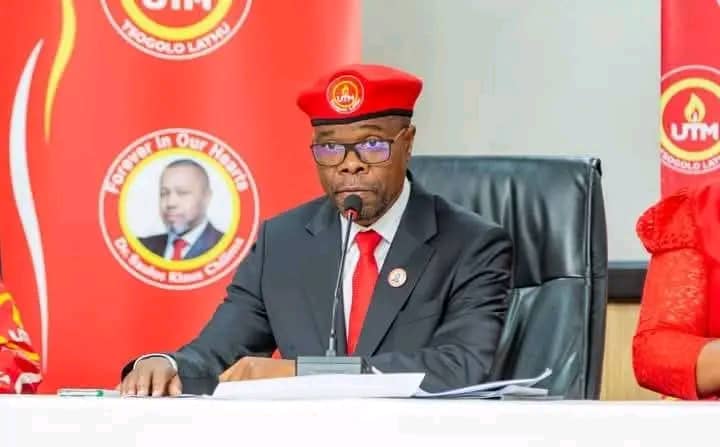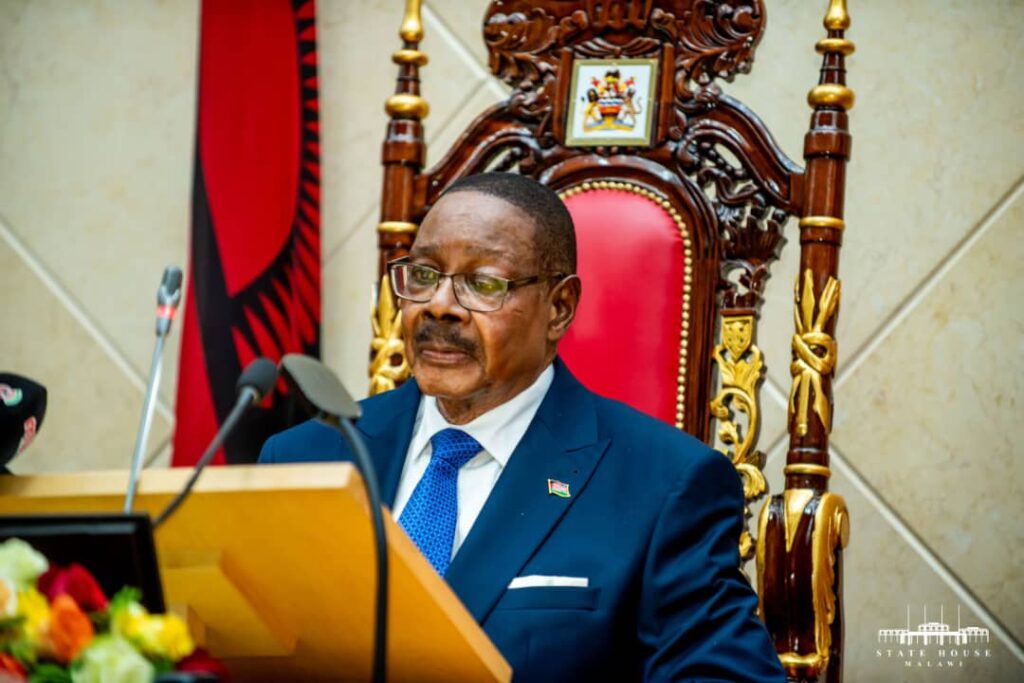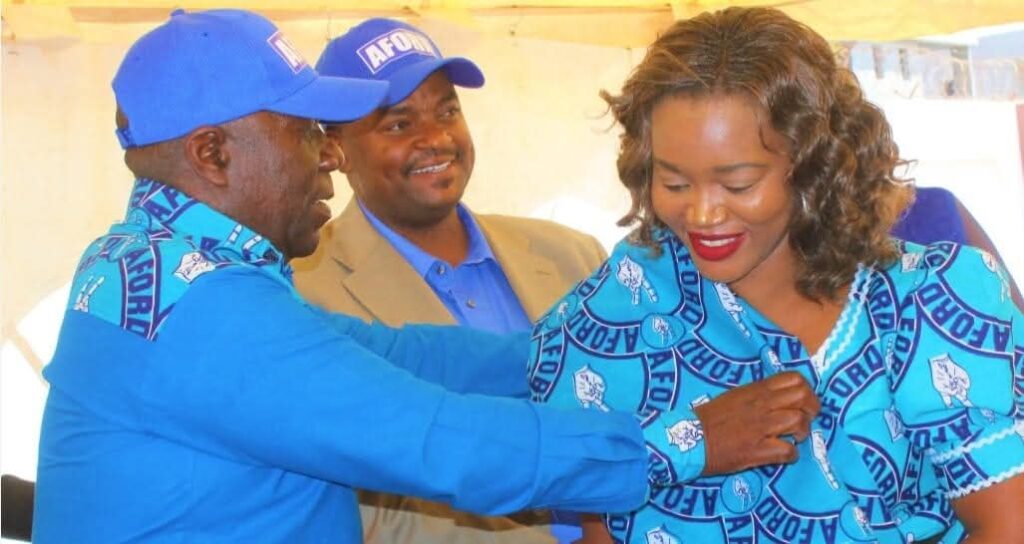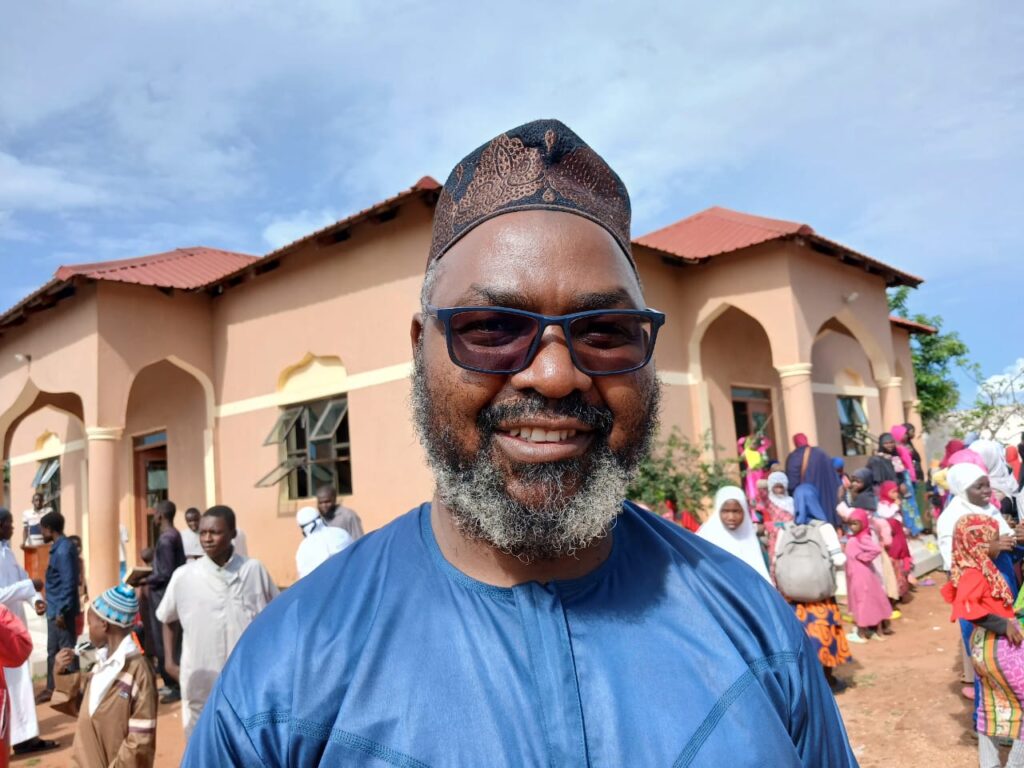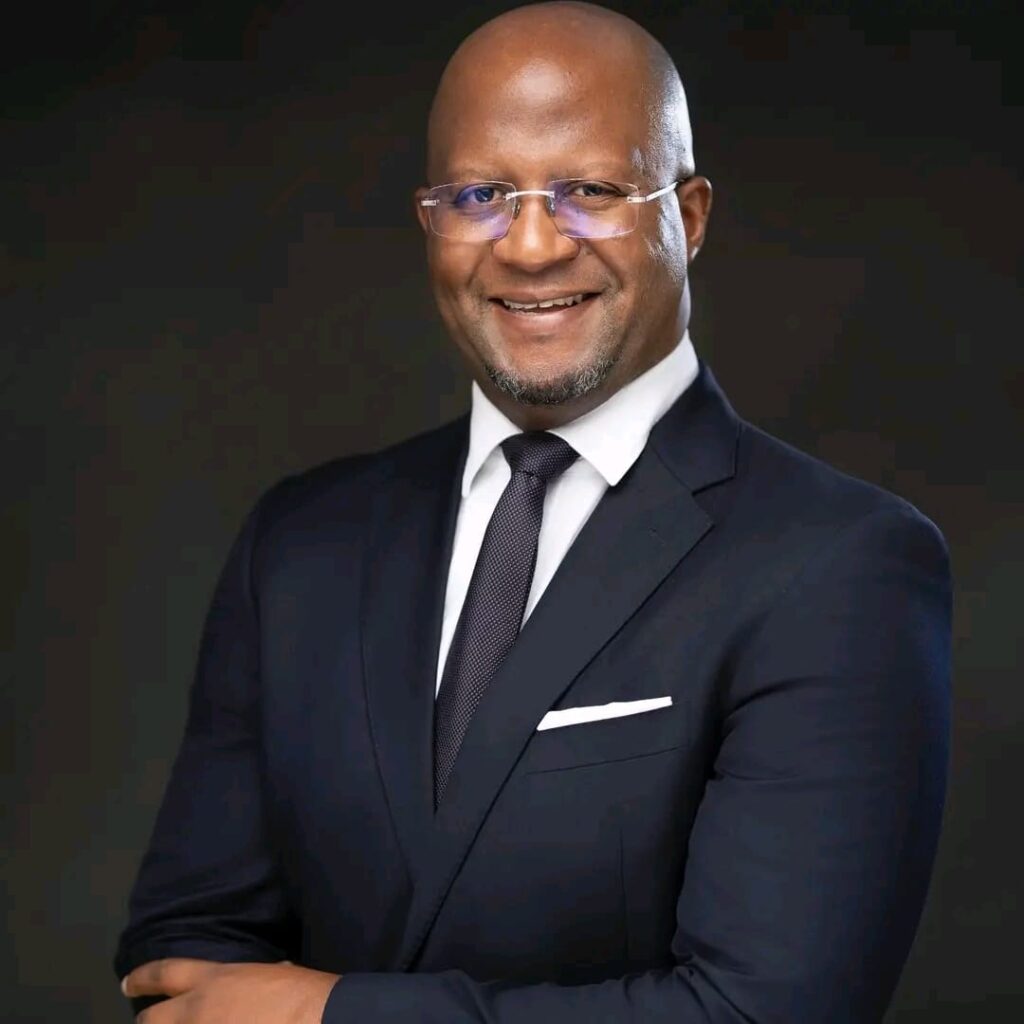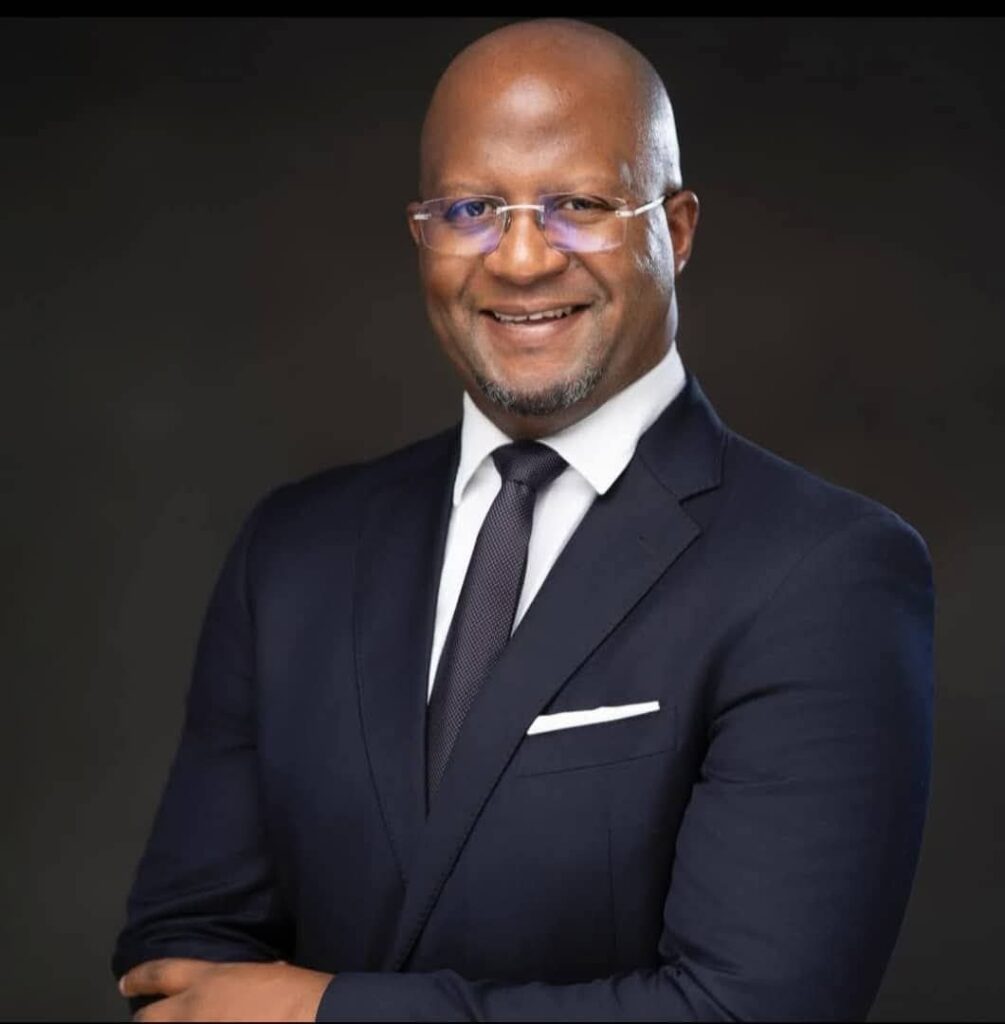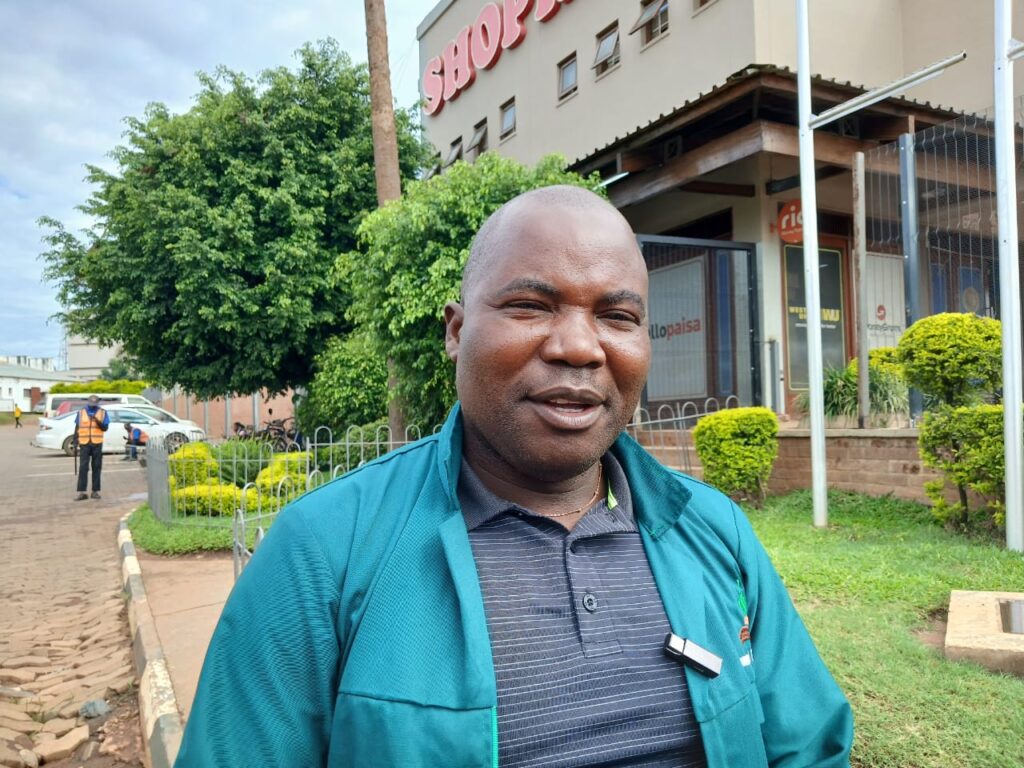By Burnett Munthali
Malawi is grappling with an economic crisis that continues to deepen, affecting the livelihoods of millions. Felix Njawala, the UTM Publicist, recently shed light on the severity of the situation through his Facebook page. In his post, Njawala highlighted the alarming exchange rates, where one South African rand is now trading at MWK 182, while the US dollar stands at a staggering MWK 3,500. These figures paint a grim picture of the economic challenges facing the nation.
The rising cost of foreign currency has triggered an increase in the prices of imported goods, leading to unbearable inflation. For a country heavily reliant on imports, this has devastating consequences. Njawala noted that businesses, unable to access foreign currency through the formal banking system, are resorting to the parallel market, where exchange rates are even higher. This, in turn, forces companies to adjust their pricing based on these inflated rates, making basic goods and services unaffordable for the average Malawian.
The brunt of this crisis is being borne by the nation’s most vulnerable. With the cost of living skyrocketing, those earning low incomes are struggling to make ends meet. For instance, an individual earning MWK 100,000 per month—a typical salary for many—now finds it nearly impossible to sustain a basic standard of living. From food and fuel to essential household items, everything has become a luxury.
Njawala emphasized that if this trend continues unchecked, Malawi is headed for unprecedented levels of poverty. Families are forced to cut back on basic needs, leading to malnutrition, reduced access to education, and worsening health conditions. The situation is dire, and urgent action is required to mitigate further suffering.
Proposed Solutions
Njawala offered two critical solutions to address the crisis:
1) The government must prioritize reducing the nation’s dependence on imports by encouraging local production. This involves investing in agriculture, manufacturing, and other sectors that can produce goods locally. By doing so, Malawi can save foreign currency and create jobs for its citizens. Import substitution is not an overnight solution, but it is a sustainable strategy that can gradually rebuild the economy and stabilize the currency.
2) Njawala called on the government to regulate and prioritize the use of foreign currency. He criticized the misuse of forex on unnecessary expenditures, such as purchasing luxury vehicles and funding frequent travel for government officials. For instance, he pointed out the practice of high-ranking officials, including the President, Vice President, and ministers, traveling with large entourages that consume excessive amounts of fuel and foreign currency. These resources, he argued, should be directed toward essential imports and development projects.
Leadership plays a crucial role in addressing this crisis. Njawala urged government officials to lead by example by cutting down on wasteful spending. He proposed that officials limit their travel to only the most necessary trips and reduce the size of their delegations. By doing so, the government can conserve resources and send a strong message of solidarity with the struggling populace.
Njawala’s message is a wake-up call for all stakeholders, from policymakers to ordinary citizens. The current trajectory of the economy is unsustainable, and immediate action is needed to avert further disaster. The rising exchange rates, inflation, and poverty levels are symptoms of deeper systemic issues that require bold and innovative solutions.
As the nation grapples with these challenges, the government must prioritize policies that promote economic resilience and protect the most vulnerable. It is time for Malawi to embrace fiscal discipline, invest in local industries, and build a self-sufficient economy. Only then can the nation hope to overcome the currency crisis and create a brighter future for its citizens.
In Njawala’s words, “Nyambwali nyambwali, chinyambalo chinyambwidzo!” This colorful phrase underscores the need to cut through the noise, focus on practical solutions, and steer the country toward economic recovery. The road ahead is challenging, but with collective effort and responsible leadership, Malawi can rise above this crisis.
- Kamphangala assures MCP thieve for more arrests
- AFORD Withdraws from DPP Strongholds to Strengthen Blue Alliance in By-Elections
- Helal Commits to Empowering Muslim Communities
- Namaa Relief Expands Islamic and Humanitarian Outreach, Targets 25,000 Beneficiaries by 2029
- Mkuzi Banda Applauds Mutharika’s SONA, Says Speech Restores Public Confidence
- Muluzi slams president’s SONA as empty words
- Ekhaya Farms Foods Unveils Valentine’s Campaign to Drive Seasonal Sales
- UDF’s Atupele Muluzi Slams Leadership Over Silence on Economic Crisis
- MNT Calls on Tobacco Buyers to Prioritise Corporate Social Responsibility
- Toyota Century 2026 USA New: Ultimate Japanese Luxury Sedan Redefined
- 22 Vehicles, One Family: A Scandal That Refuses to Die
- President Mutharika Honoured at Prestigious 2026 Iconic Africa Summit in Zimbabwe

